Table of Content
▲
Numerous cities worldwide have made significant progress in their smart city endeavors, implementing innovative technologies to enhance sustainability, energy efficiency, and reduce carbon emissions. Here's a glimpse into the achievements of seven such cities.
According to the United Nations, it is projected that by 2050, 70% of the global population will reside in cities and urban areas, leading to a continual increase in emissions and energy consumption. Consequently, the demand for smarter urban transportation networks, eco-friendly wastewater management systems, and energy-efficient buildings becomes increasingly urgent.
This is where smart city programs and initiatives play a crucial role. By integrating smart technologies such as the Internet of Things (IoT) - objects embedded with sensors for data exchange - into urban environments, not only does the quality of life for citizens improve, but overall public safety also sees enhancements.
Singapore, Helsinki, and Zurich have emerged as the top-ranking cities in the 2020 Smart City Index, recognized as the world's smartest cities. This annual report, conducted jointly by the Institute for Management Development and the Singapore University for Technology and Design (SUTD), evaluates cities based on economic and technological metrics, as well as citizens' perceptions of their city's "smartness". As more cities worldwide embrace the trend of investing in smart technology, here are seven cities at the forefront of innovative smart city projects.
Top 7 Smart Cities in the World in 2023
1. Singapore
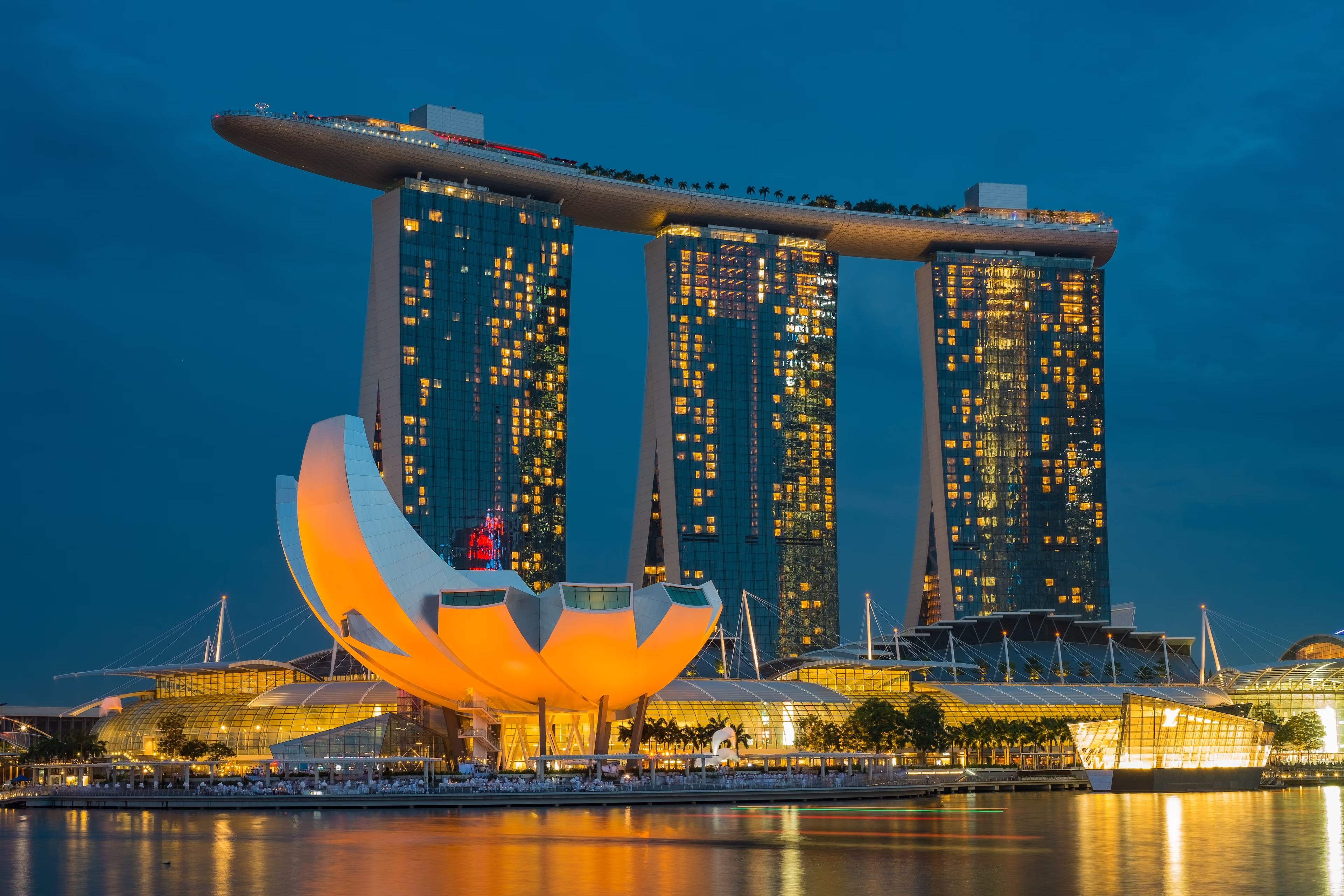
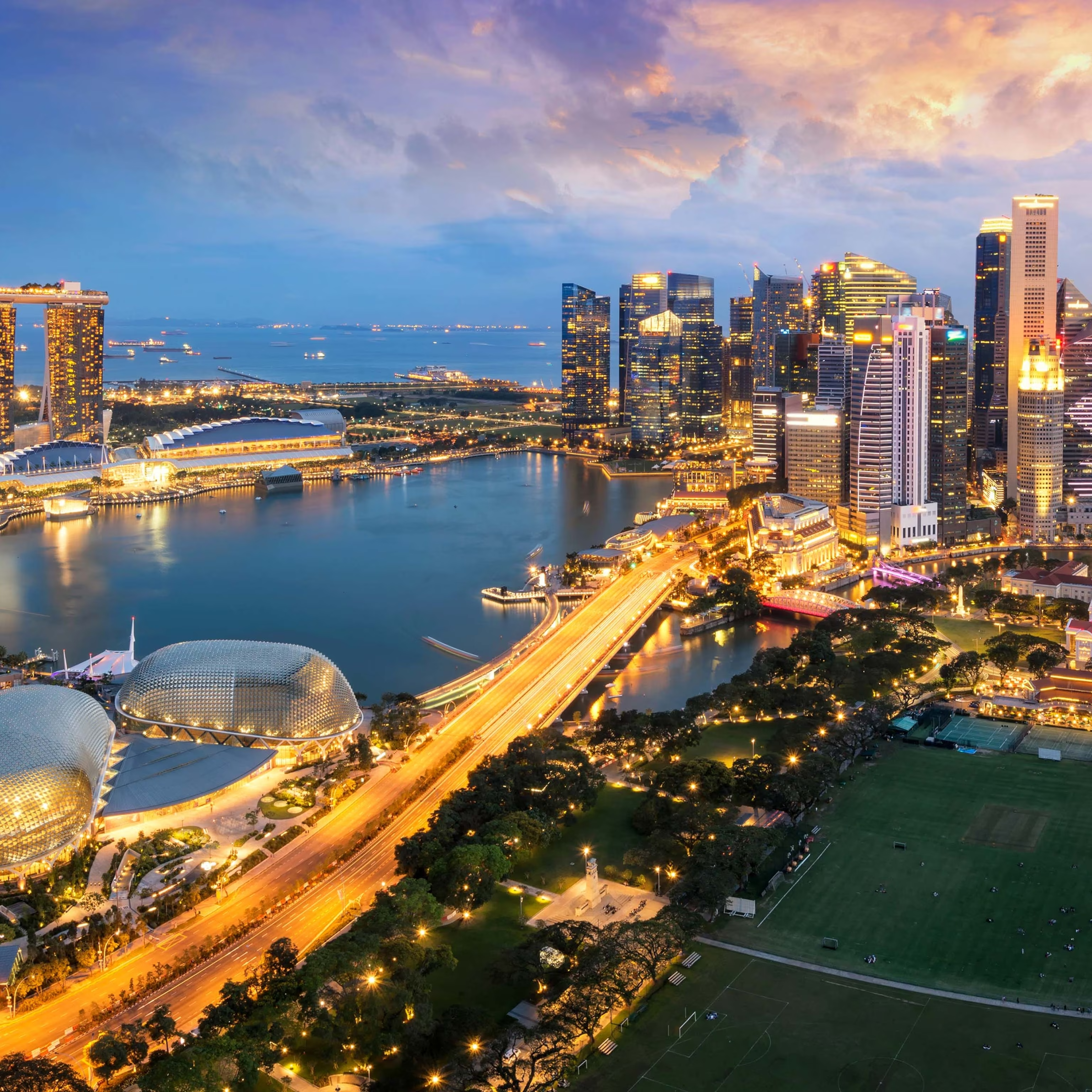

Singapore consistently leads the rankings for smart cities, largely due to its Smart Nation initiative launched in 2014. Since then, Singapore has implemented a wide array of smart technologies across both public and private sectors. Contactless payment technology, for instance, has been extensively utilized to streamline movement and transactions for the city's 7.5 million public transportation users.
In response to the challenges posed by an aging population, Singapore has introduced a digital health system, including video consultations, along with wearable Internet of Things (IoT) devices for patient monitoring. Additionally, Singapore unveiled plans in 2021 for a groundbreaking eco-smart city, slated to be entirely vehicle-free. Situated in Tengah, Singapore's western region, this innovative forest city will feature five residential districts comprising 42,000 houses, as well as designated safe zones for pedestrians and cyclists.
2. Helsinki, Finland
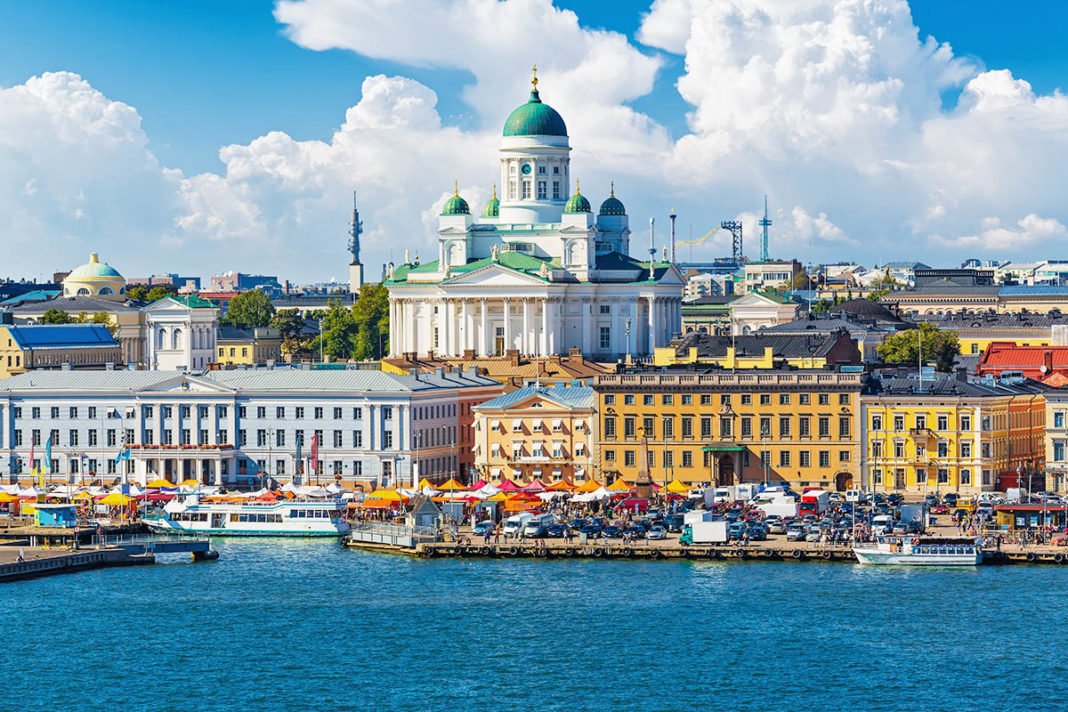
.webp)
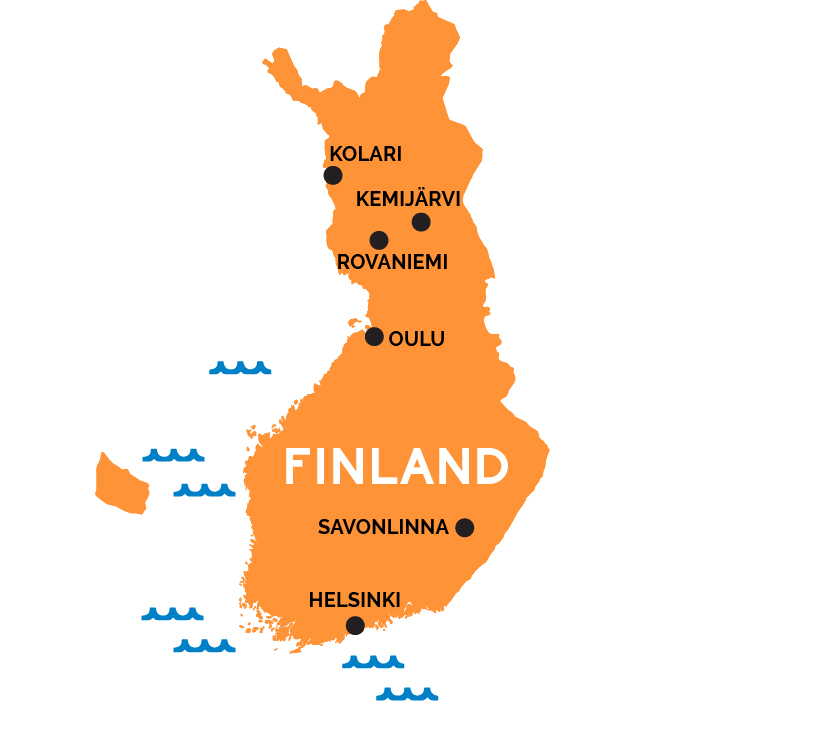
Helsinki has set a target of achieving carbon neutrality by 2035, and they are making significant progress towards this goal. As early as 2017, the city managed to decrease emissions by 27% compared to levels in 1990. Another objective Helsinki is actively pursuing is the reduction of traffic emissions by 69% within three decades, by 2035. This involves initiatives such as transitioning the entire city bus fleet to electric vehicles and expanding both its Metro and electric car charging infrastructure.
Given that heating comprises over half of Helsinki's emissions, the city is prioritizing energy efficiency measures during building renovations. These efforts could potentially slash emissions from buildings by 80%. Additionally, Helsinki is increasingly incorporating renewable energy sources into its buildings to further reduce emissions.
3. Zurich, Switzerland
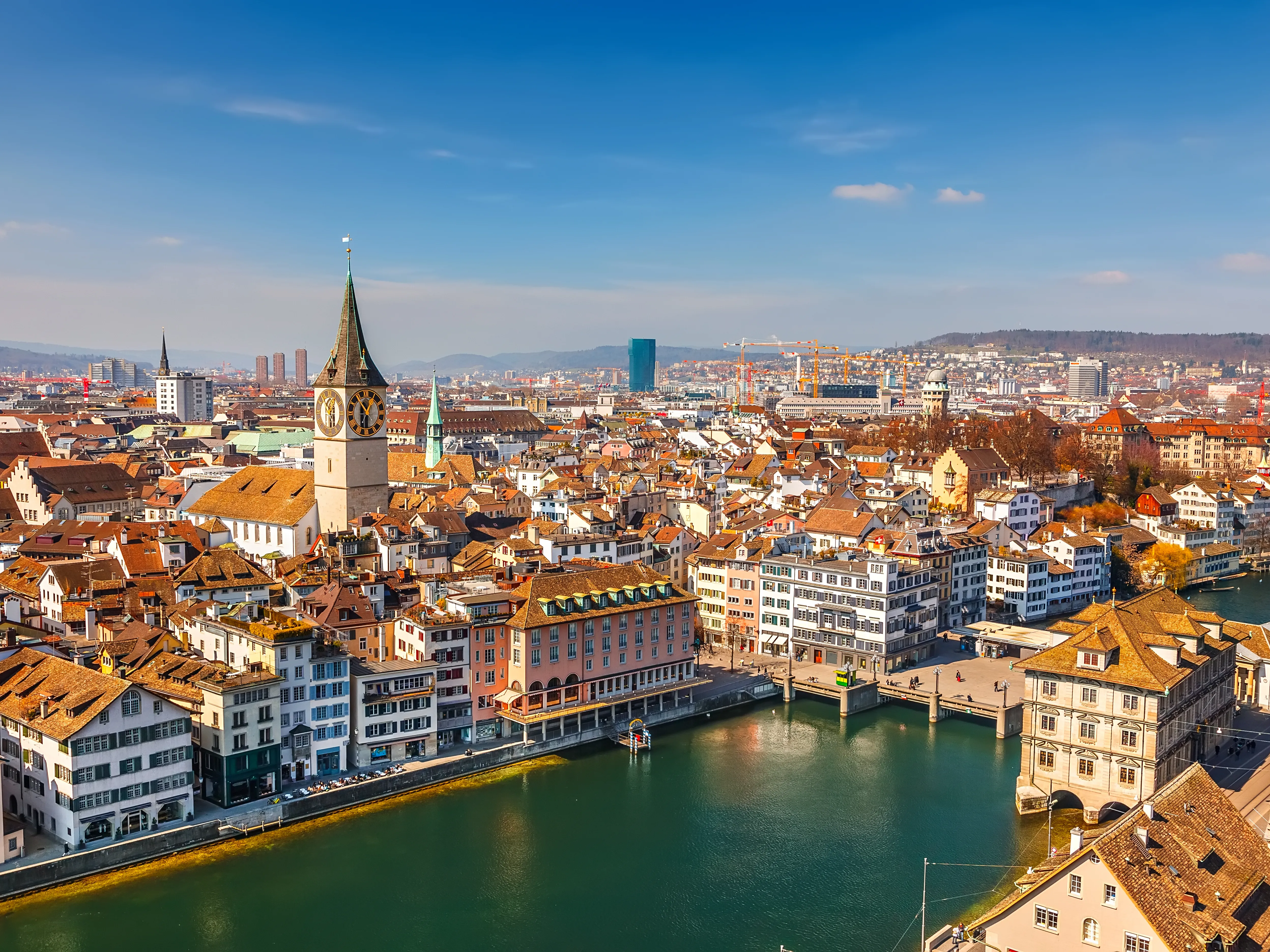

The smart city journey for Zurich began with a streetlight initiative. The city implemented a series of streetlights equipped with sensors that adjust brightness based on traffic levels, resulting in energy savings of up to 70%. Building on this success, Zurich has since expanded its smart streetlight network citywide and introduced a broader array of sensor technologies capable of gathering environmental data, monitoring traffic flow, and serving as public WiFi antennas. Additionally, Zurich has implemented a highly effective smart building management system that integrates heating, electricity, and cooling systems across the city.
Also Read: Top 10 most beautiful houses in the world 2024
4. Oslo, Norway
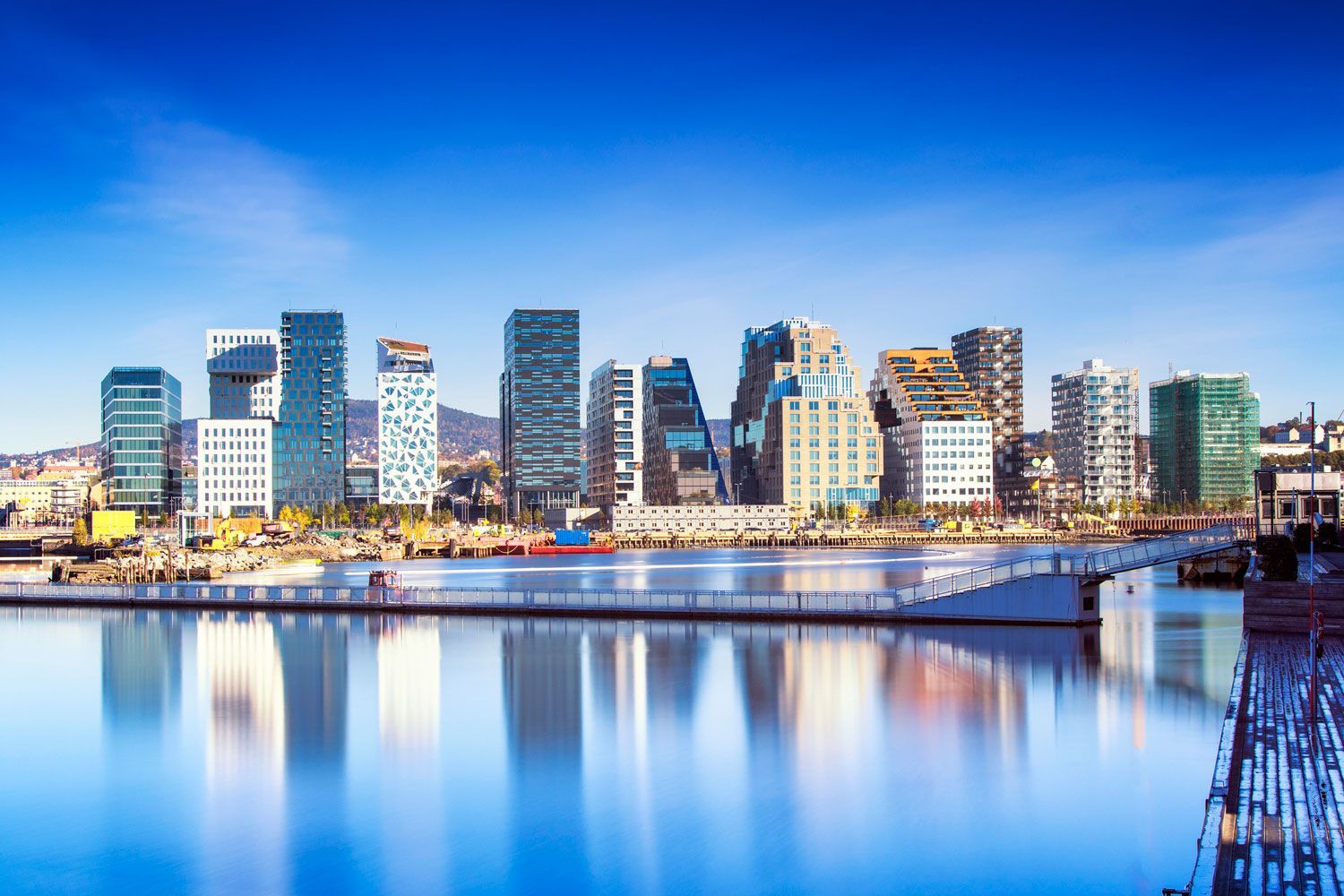
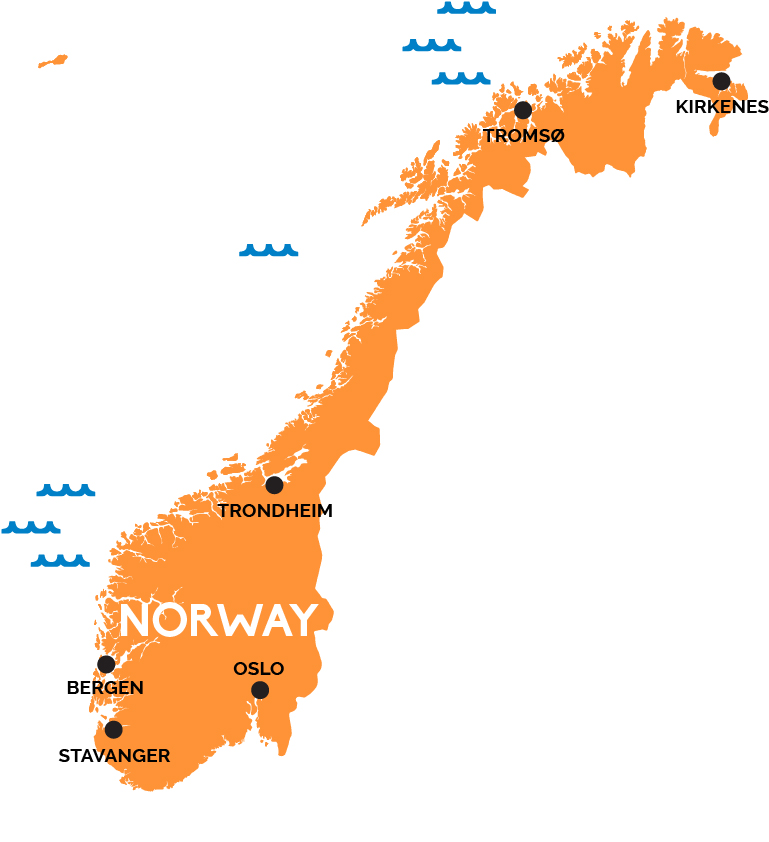
Oslo, the capital of Norway, is fully committed to electric cars and aims to transition all vehicles in the city to electric by 2025, a remarkable feat considering its population of approximately 670,000 residents. To incentivize the adoption of zero-emission vehicles, Oslo has implemented various measures such as free parking, access to bus lanes, and reduced taxes and toll prices. As part of the city's goal to achieve carbon neutrality by 2050, numerous other smart initiatives are already underway. These include the implementation of zero-emission construction sites and the retrofitting of existing buildings to incorporate circular waste management practices and green energy systems.
6. New York, United States
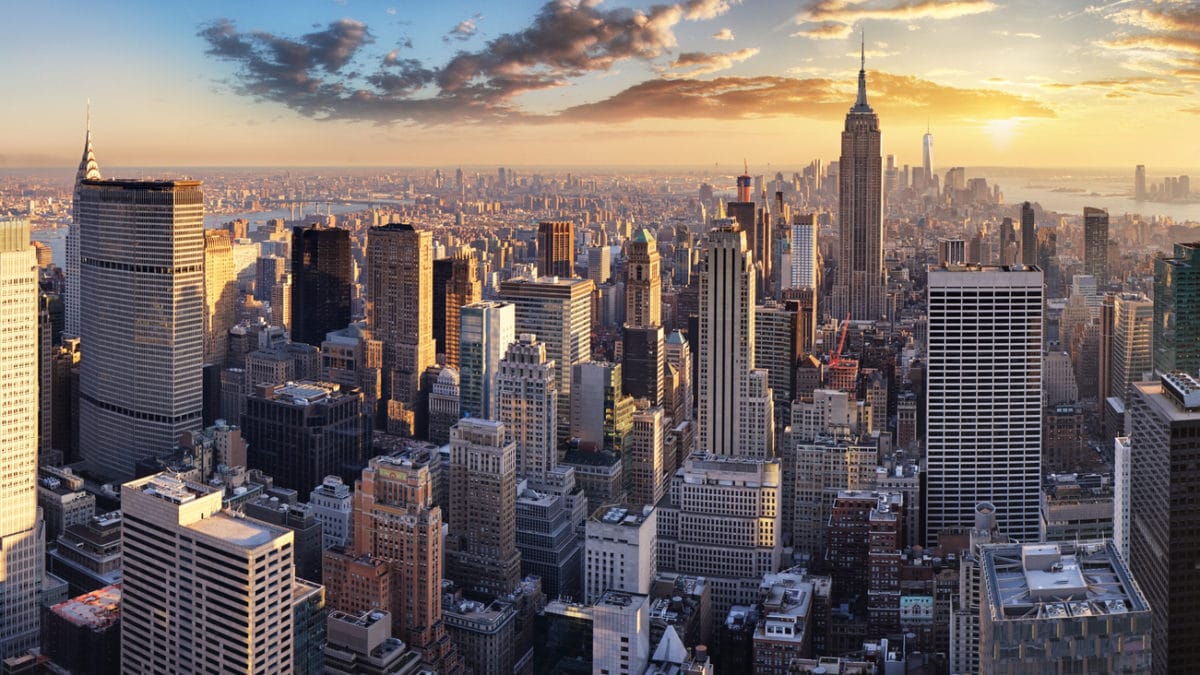
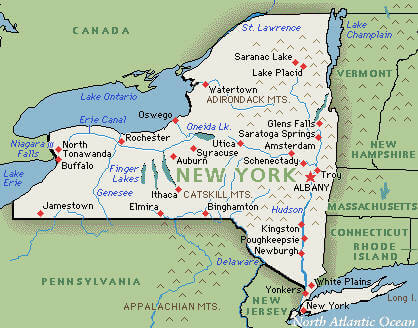
In 2020, New York City launched a smart city pilot program that involved testing and deploying hundreds of smart sensors and technologies across various districts. This initiative aims to gather data to enhance the efficiency of services like waste management and collection. Additionally, the city has introduced smart hubs equipped with contactless technology, WiFi capabilities, and online charging stations to replace traditional phone booths. Car sharing services have also gained popularity in New York City, contributing to the reduction of overall emissions and alleviating traffic congestion.
In an effort to foster local perspectives and innovation, New York City hosts an annual contest, offering a generous cash prize, for the development of apps that effectively utilize the city's open data sets.
Also Read: The World's Top 10 Most Unusual Homes

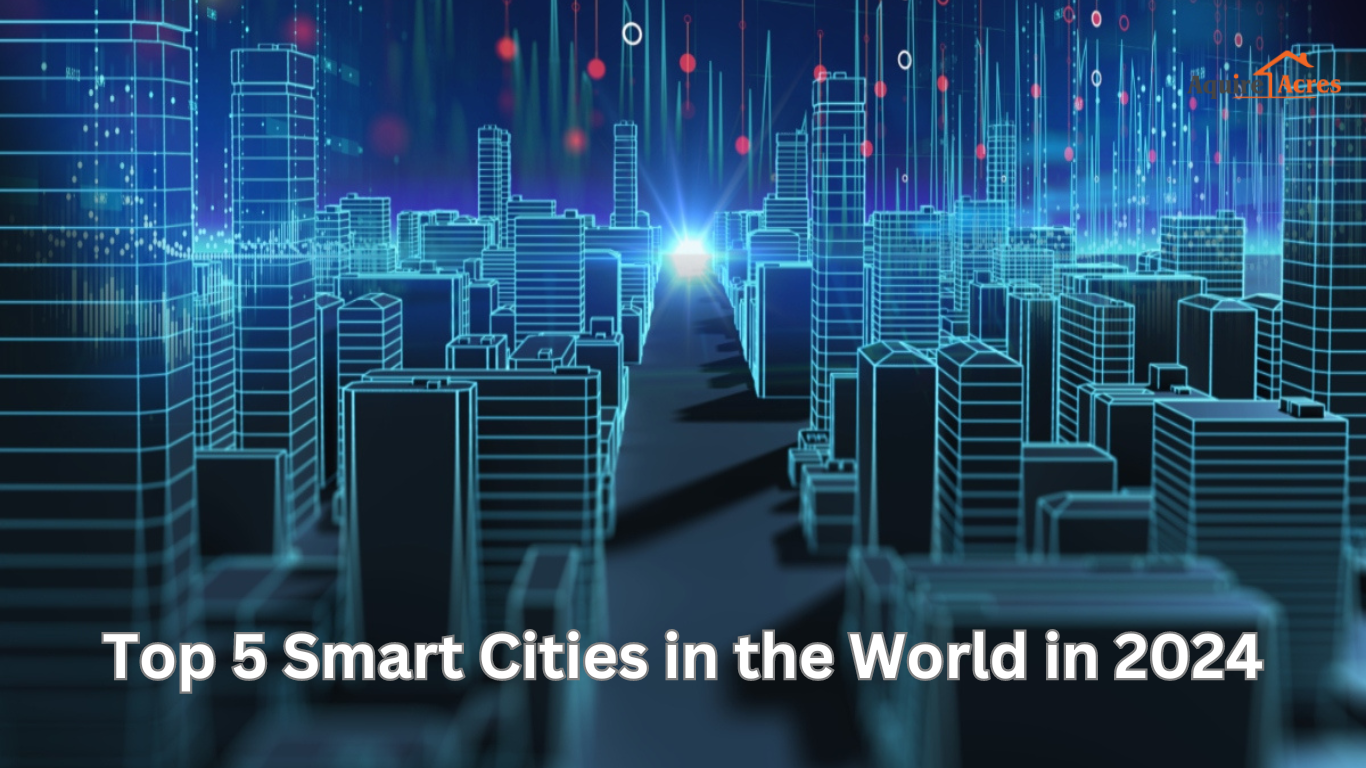




_1771582392.webp)
_1771577585.webp)
Ans 1. Zurich (Switzerland) at the top of the Smart City Index : Zurich emerged as the world's smartest city in 2023. This city's success is largely due to its excellent infrastructure, strong commitment to sustainability, and advanced transportation system.
Ans 2. Dubai is considered as one of the leading cities in the world. It is the most developed and sophisticated city of United Arab Emirates mainly because of the great amenities, high salaries, outstanding buildings, excellent healthcare system, etc. In fact it is considered an expact´s paradise…
Ans 3. City population 2050 1 Mumbai (Bombay), India Guadalupe, Mexico 2 Delhi, India Barcelona, Spain 3 Dhaka, Bangladesh Guiyang, China
Ans 4. Bangalore is India's fastest-growing and most emerging city due to its impressive infrastructure, economy.
Ans 5. Mumbai What is India's richest city? Ans. India's richest city is Mumbai, renowned for its financial institutions, entertainment industry, and high-net-worth individuals.